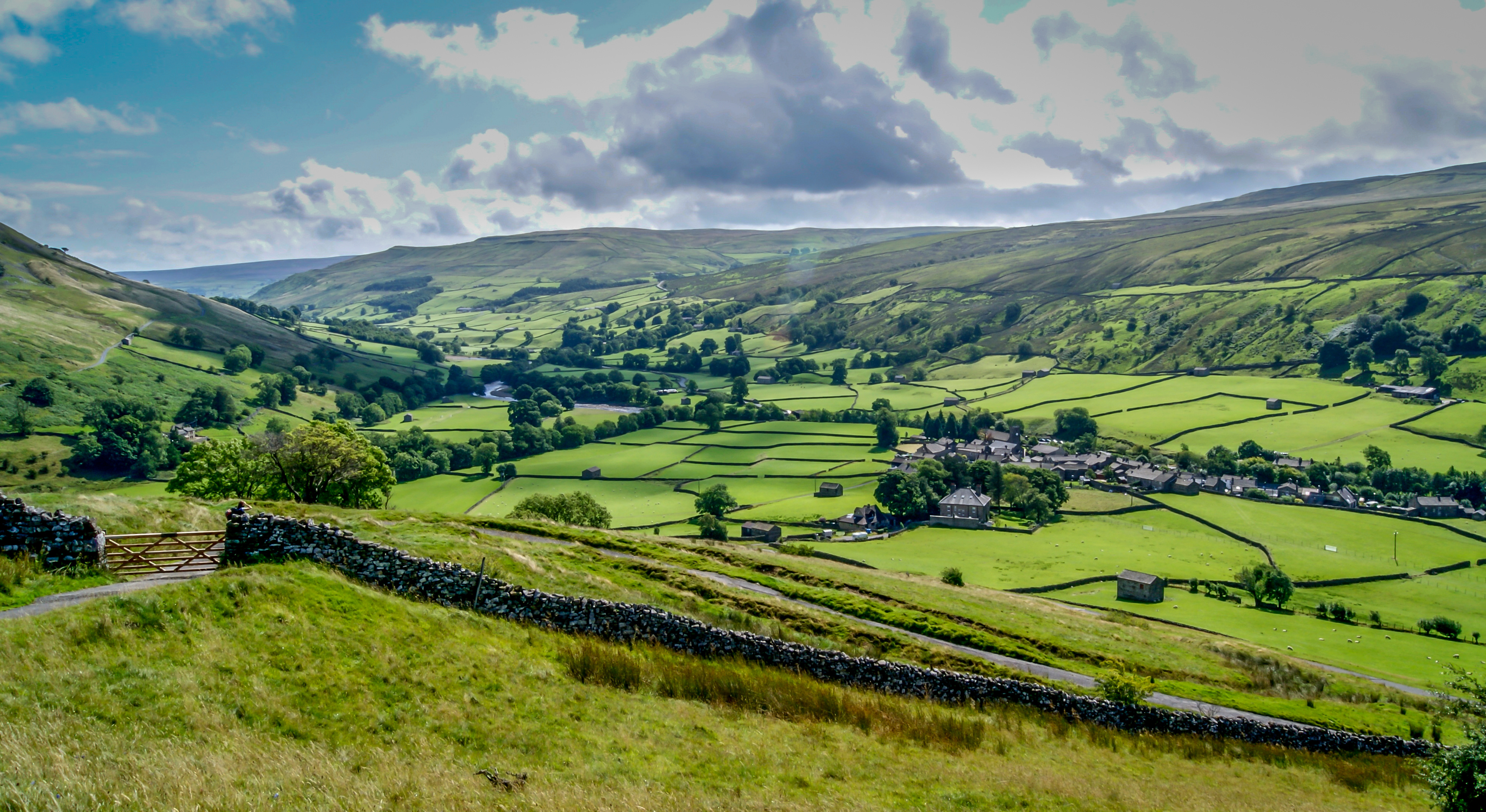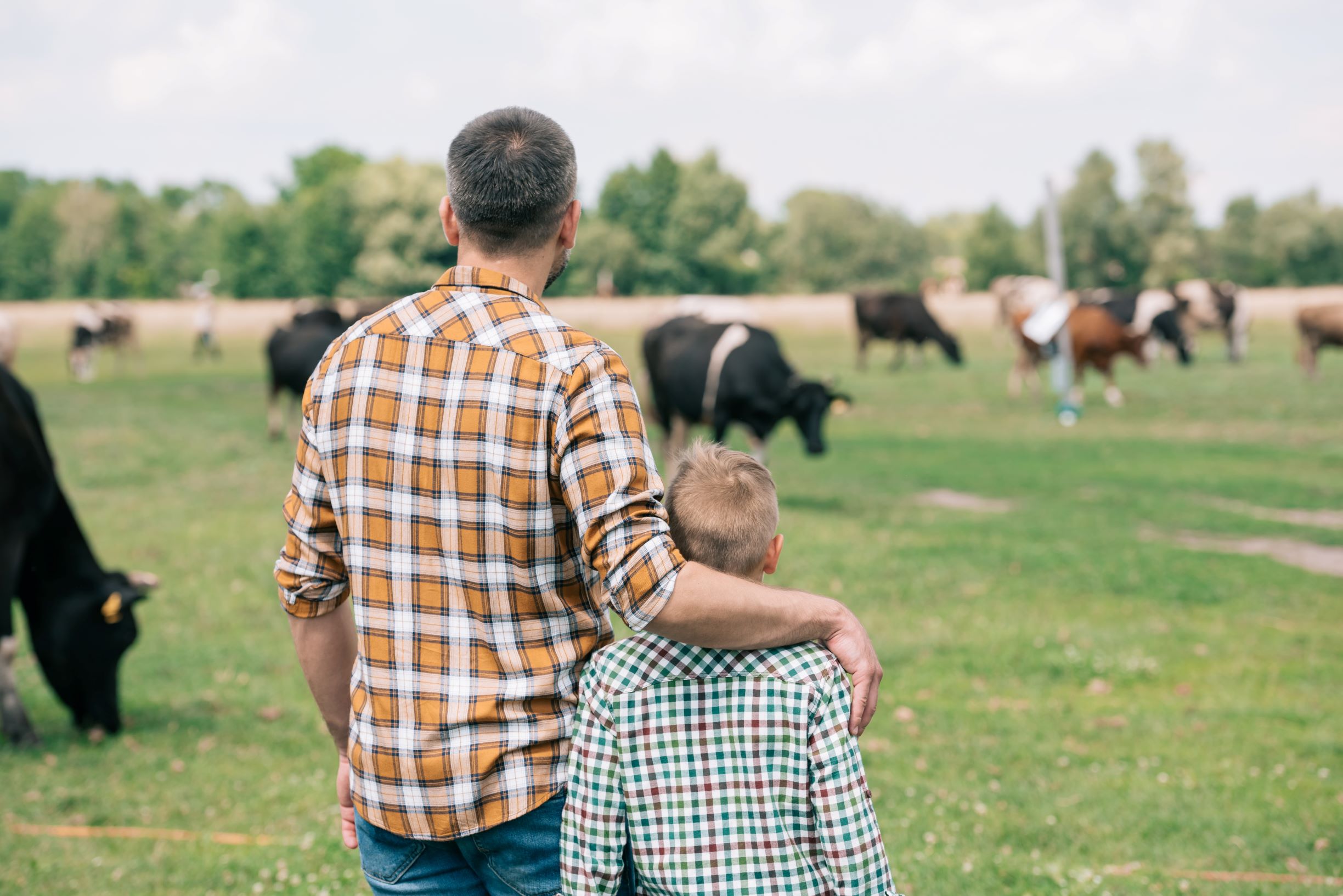



Survey data shows that UK public believes food imports should meet its high domestic standards
Nearly eight in ten Brits believe that imported food should meet the same animal welfare and environmental standards as food produced in the UK according to a new ComRes survey.
As the UK and Australia progresses towards signing a free trade deal, a new survey carried out by ComRes on behalf of the British Guild of Agricultural Journalists (BGAJ), found that 77% believe the standard of imports should match those maintained on British farms.
BGAJ President Baroness Rosie Boycott said: “The public’s attitudes towards food and farming standards remains clear and should serve as a reminder to government that safeguarding agriculture’s world-leading high standards should be a priority as ministers forge ahead with new trade deals.”
The results show no change in public sentiment since the BGAJ’s last survey, which was carried out before a Brexit deal was agreed.
They come at a time when talks over a deal with Australia are at an advanced stage.
Baroness Boycott said: “The public’s head hasn’t been turned by any alternatives in the slightest, despite the UK exiting the European Union.
“It also indicates that the public would not support any free trade deal allowing Australia tariff-free imports on beef, lamb and sugar – an arrangement that would undercut UK farmers and set a dangerous precedent.
Almost half said they believe a climate change levy should be charged on food with a higher carbon footprint, with the proceeds spent on encouraging carbon-friendly farming methods.

Baroness Boycott added: “The work British farmers do to provide high quality food produced to the highest of standards is highly valued by consumers – but they also recognise the contribution our industry can make to the environment and helping the UK achieve its net zero ambitions.
“The public appreciates the multifaceted work our farmers do on a daily basis and believes our industry still has a pivotal role to play in providing food for the country while safeguarding the environment. We can only hope the government feels the same way.”
Full results
- 77% of GB adults agree that the Government should ensure all imported food meets the same environmental and animal welfare standards as food produced in the UK. Only 6% disagree.
- 55% believe it is important that food is produced to a low carbon footprint, while 14% disagree.
- 49% say they are more likely to buy British Food as a result of Brexit, but 20% disagree. 2016 Leave voters are more likely than their Remain counterparts to agree that as a result of Brexit, they are now more likely to buy British food (63% vs 43%).
- 42% say they would be happy to pay more for food which has a lower carbon footprint. Younger adults are more likely than their older counterparts to agree that they would be happy to pay more for food which has a lower carbon footprint (55+: 40%, 35-54: 41%, 18-34: 48%). ABC1 adults are more likely than C2DE adults to agree that they would be happy to pay more for food which has a lower carbon footprint (46% vs. 37%).
- 38% always buy the cheapest option at the supermarket, and 35% don’t. Young adults are twice as likely as their older peers to agree that they always buy the cheapest option available at the supermarket (18-34: 53%, 35-54: 41%, 55+: 24%).
- One third of shoppers agree that they only buy food marked with the Red Tractor logo when at the supermarket.
- 43% say they don’t know enough about gene editing to feel confident buying food produced using this technology.
Survey sample
Savanta ComRes interviewed 2,093 UK adults aged 18+ online from 16 to 18 April 2021. Data were weighted to be representative of UK adults by age, gender, region and other socio-economic characteristics including SEG. Savanta ComRes is a member of the British Polling Council and abides by its rules.


